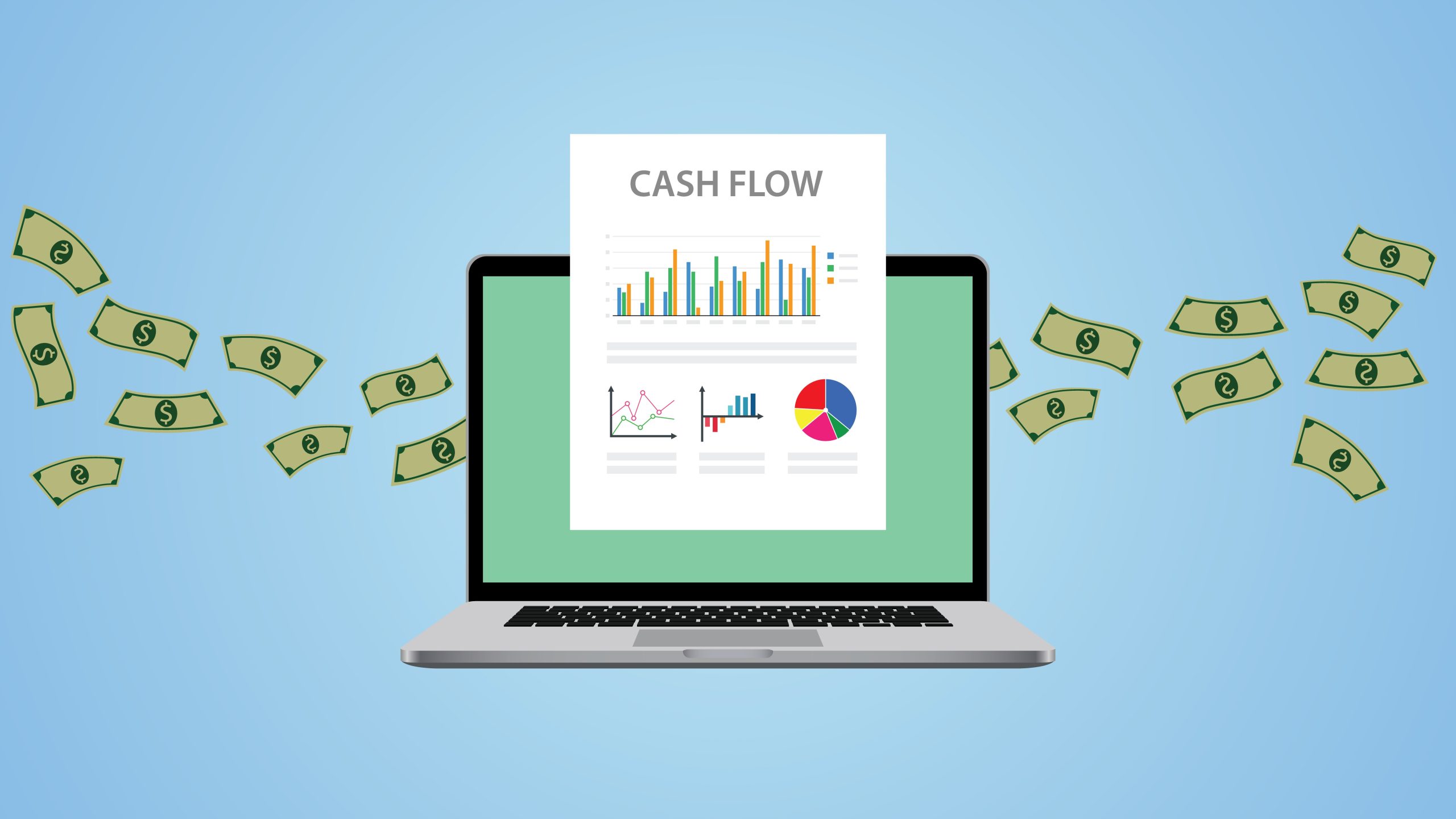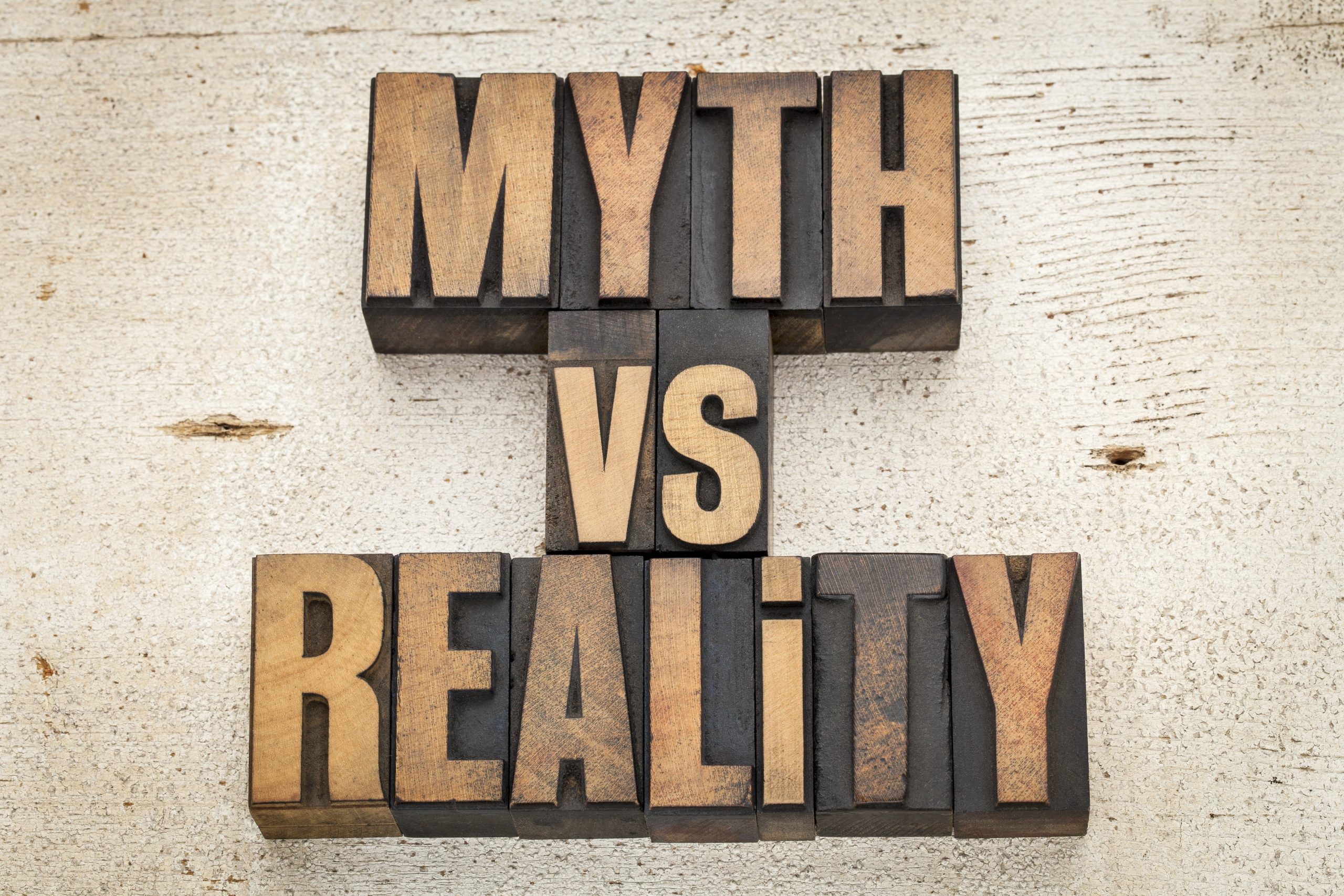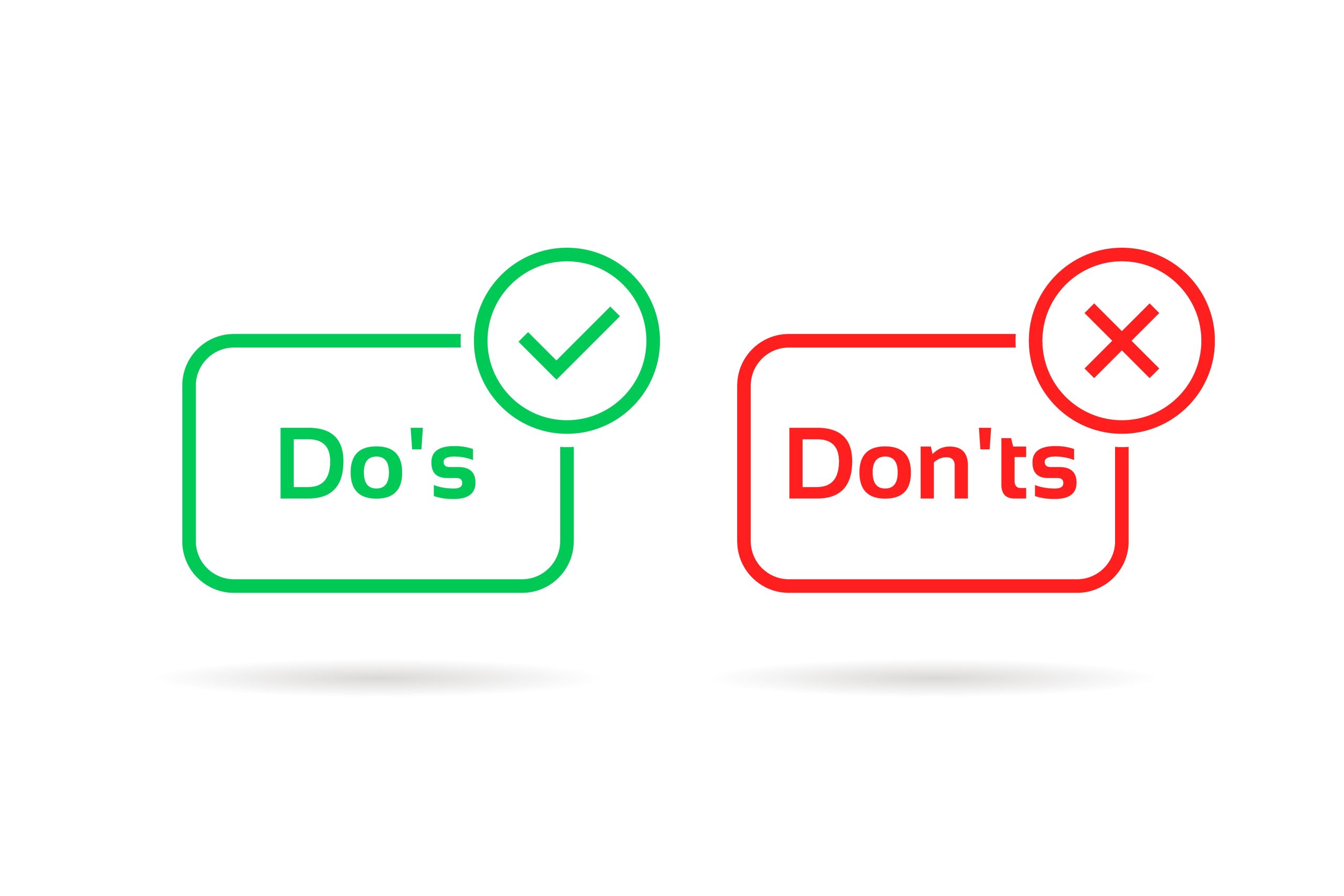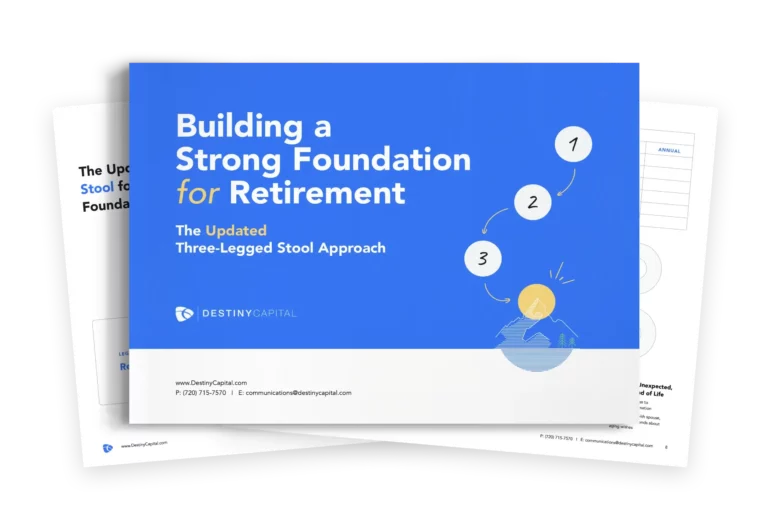
Why Being Aware of Your Cash Flow Is Important
Elton John, Michael Jackson, Mike Tyson and Cyndi Lauper. What do they all have in common? They all filed for bankruptcy. We do not want to bring up famous bankruptcies to scare you. We want to show examples of people who made millions of dollars but did not know (or want to know) that their lifestyles were costing them more than what they were making. It doesn’t matter how much money you make or have saved as a nest egg if the outflow is higher than the inflow, sooner or later the money will dry up.
The core of a strong financial plan is knowing what you are bringing in and what you are spending. Being aware of this can bring light to an issue that should be addressed sooner rather than later while you can still correct it. Or, it can show you how healthy your spending habits are and help to eliminate unnecessary stress surrounding money.
This is not to say that you must form a budget and restrict spending to stick to a budget. It is more about being mindful of your cash flows and spending your money in a deliberate way. Ignorance is not bliss.
Tracking spending can be easier than you think. Many tools are available to help you map out your cash flows and organize where money is coming from and where it is going. Once you have clarification of where money is going, you can start to break down the expenses to see what is a need, what is a want, and what is unnecessary.
A necessary expense is something like housing, transportation, insurance, food, and clothing. The cost of these expenses is what is up for some debate. It is necessary to have reliable transportation, but is it necessary to have a $100,000 sports car? Understanding your cash flow will help you decide if your expenses are elaborate and need to be trimmed back or if you are on target with what you are spending.
Wants are the vacations, nice restaurants, or the newest technology. You can get by without spending money on these things (although many of you will argue vacations are a need, not a want). Knowing the difference between what you need and want can be empowering. It can help you decide what truly brings you joy and if you’re going to continue spending money on these things. It can also help you decide what you no longer want to spend money on so you can reallocate that money to what brings you a better life.
Unnecessary expenses are exactly what they sound like. These are things like recurring bills we forgot existed and need to be canceled, buying a product or service we later regret or did not add value to our lives, or paying credit card interest when we have enough cash to pay it off. These expenses can and should be eliminated entirely.
Being mindful of your cash flow does not necessarily mean restricting yourself or needing to make drastic changes. It is about just being aware. We can find incredible things about ourselves if we watch our spending habits.
Have any questions? We’re here to help!
{{cta(‘b98204c7-0e0e-4d3b-895d-e54ef00e4f97’)}}




